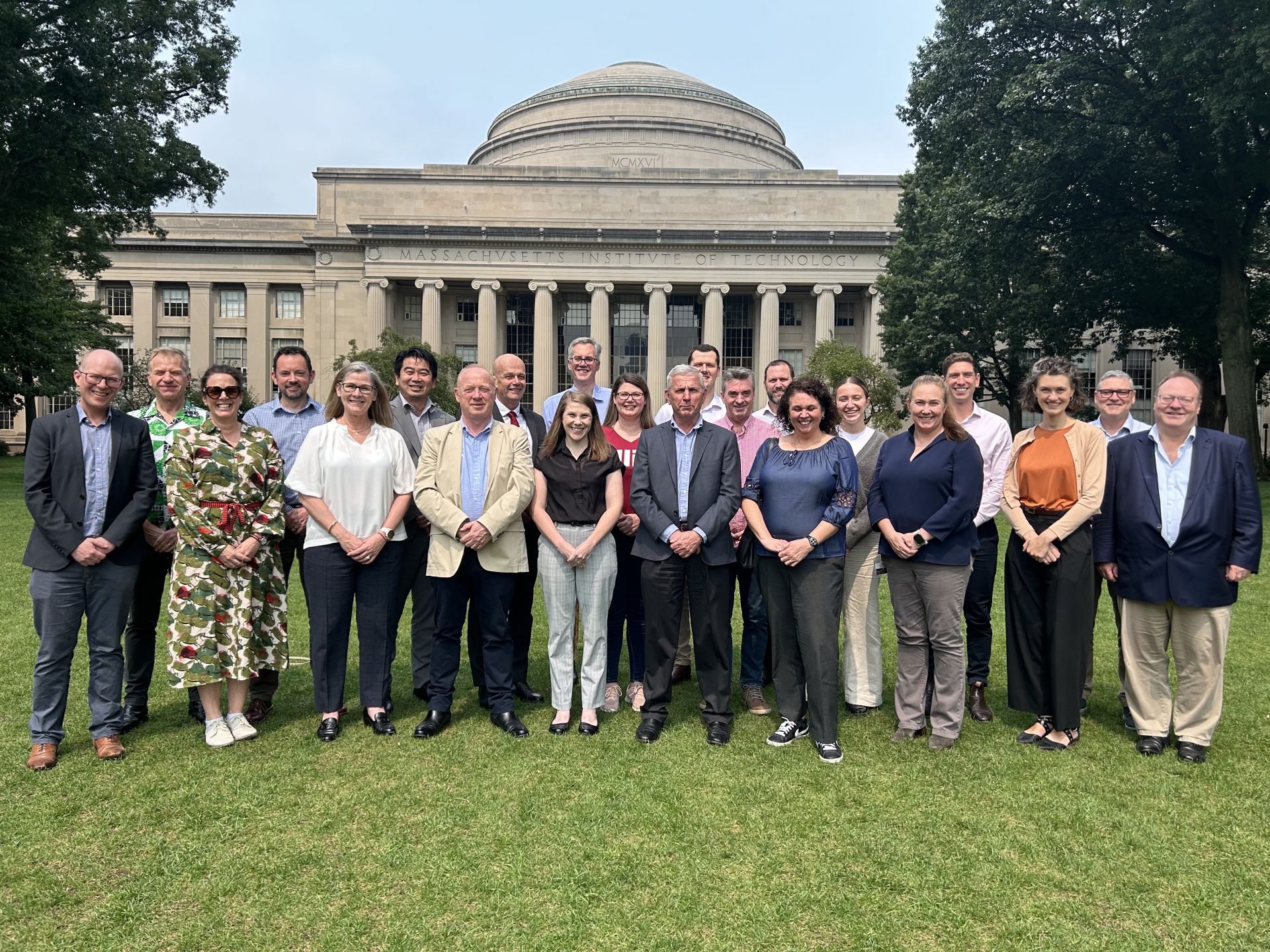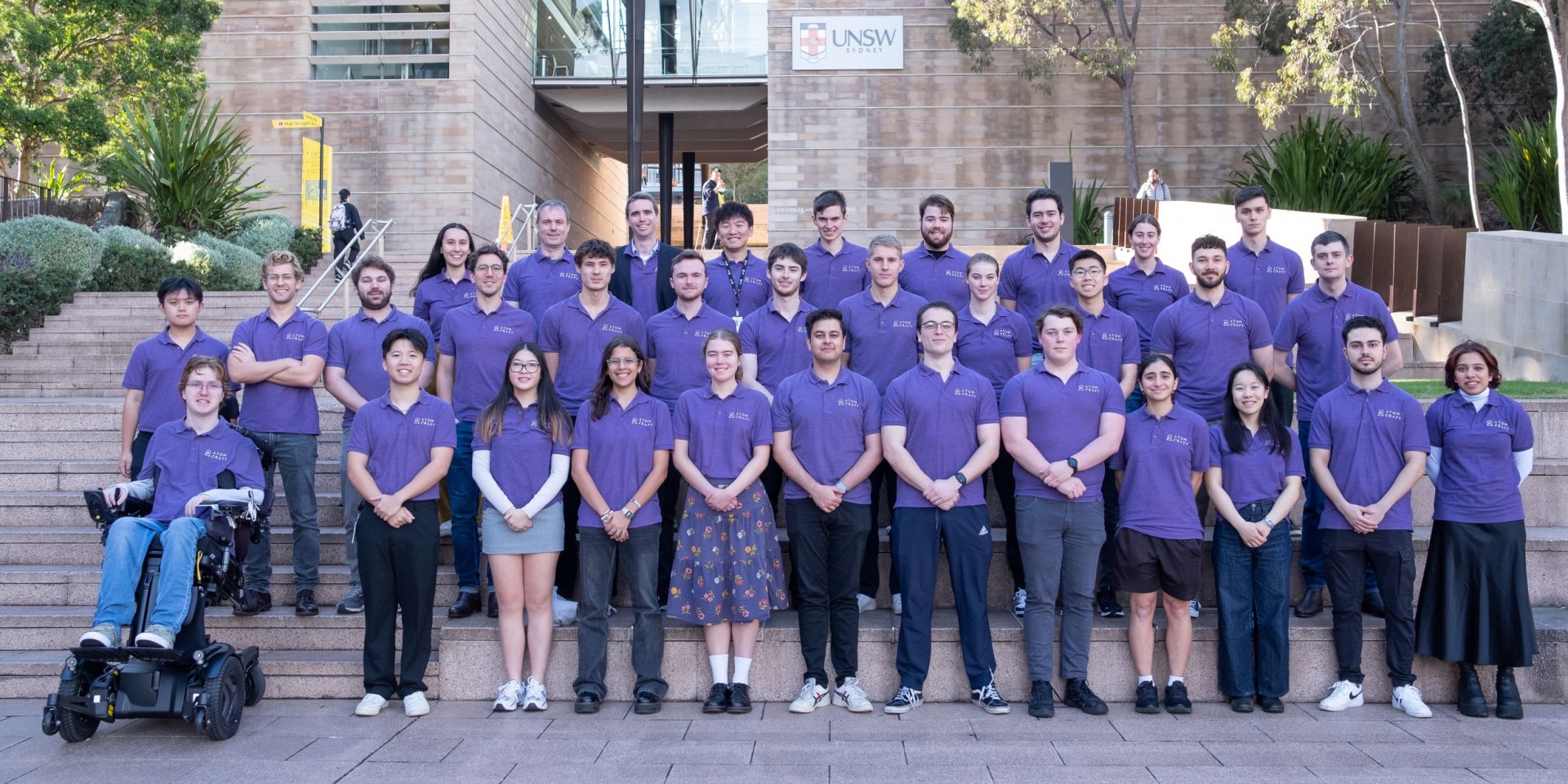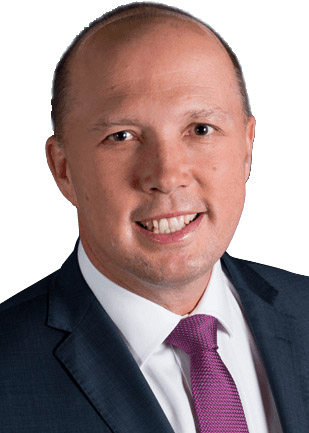The ASA Nuclear Technology for Marine Propulsion class of 2024 poses at MIT. (All photos: MIT Department of Nuclear Science and Engineering)
Some 30 nuclear engineering departments at universities across the United States graduate more than 900 students every year. These young men and women are the present and future of the domestic nuclear industry as it seeks to develop and deploy advanced nuclear energy technologies, grow its footprint on the power grid, and penetrate new markets while continuing to run the existing fleet of reactors reliably and economically.
The cross-disciplinary AtomCraft team. (Photo: University of New South Wales)
Commercial nuclear power is illegal in Australia, and it has been since the 1990s. This past June, however, the country’s main opposition party announced plans to build seven commercial nuclear reactors in the 2030s and 2040s on sites presently occupied by aging coal-fired plants—should the party’s Liberal–National Coalition win power in federal elections next year. This statement has reignited a public debate regarding the potential role of nuclear energy in Australia.






